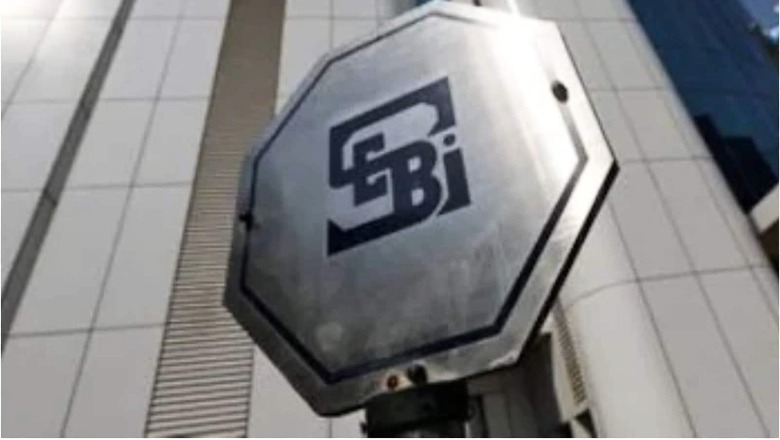
views
The Securities and Exchange Board of India (Sebi) on an average gets about 30,000 whistle-blower complaints in a year, said Sebi Chief Vigilance Officer Yatri Dave Vitekar. She added that two email IDs always remain flooded and it is massive.
She added that the markets regulator Sebi takes whistle-blowers very seriously. “The Whistle Blower Policy is a policy that gives a safe space to the individual and the organisation (within or outside it) to have a healthy interaction. Whistle-blowers are the ears and eyes of any organisation and that is what the policy is meant to empower and grant. But, if we continue to misuse this policy with frivolous and mischievous complaints, then we are blunting it,” Vitekar said.
She said this on Thursday while giving a practitioner’s perspective on Whistle Blower Policy at an international virtual conference organised by ASSOCHAM, focussed on ‘Whistle Blower Policy: Letter and Spirit vs. Effectiveness’.
The Sebi chief vigilance officer listed three kinds of complaints that are harming effectiveness of the policy. She said that when a person chooses to make a complaint as an anonymous person but the minute you are not willing to own up to it makes it feel like it is a non-serious complaint.
“We have a mechanism called PIDPI (Public Interest Disclosure and Protection of Informers) in place. So, any whistle-blower can write PIDPI on the cover of the complaint and it becomes our responsibility to protect his identity. With so many systems in place, an anonymous complaint loses its steam so as to say,” Vitekar added.
She also also listed irrelevant and poorly analysed complaints and motivated complaints that seek to settle personal scores.
“In the case of irrelevant complaints, the mail is marked to numerous people. Sometimes the CC (copy to), which is marked in a complaint is to the tune of 100 email ids. This whole CC culture is harmful and it’s very difficult for us to separate the wheat from the chaff. They do a huge disservice to the policy,” Vitekar added.
Neeraj Kulshrestha, chief regulatory officer of BSE, however, said anonymous complaints must be encouraged and action taken only once it is verified. He shared that the stock exchange is the recipient of continuous complaints, where we have to ask the companies to act and they are obligated to report such things.
“Stock exchange provides a platform where you know stocks get traded, but we are in broader senses also an entity in a business of trust, the shareholders trust, the stakeholders trust etc. The price reflected on stock exchange with respect to a company essentially reflects the trust. And therefore, to ensure adequate trustworthiness, there are three broad pillars that emancipate this whole principle of whistleblower – Sebi, the Companies Act and the Whistle Blowers Act. With these pillars, there is a proper framework,” Kulshrestha said.
He added that there are realities, like wrongdoings and corruption, which are taking place. So even if it is a simple feedback mechanism, the Whistle Blower Policy encourages that.
Hemant Sahai, chairperson of ASSOCHAM’s National Council for Legal Affairs and Regulatory Reforms, and founding partner of HSA Advocates, said the culture should be strengthened to get the right outcomes and the concerns of anonymity, neutrality and protection of the whistleblower is to be taken care of as 90 per cent of whistleblowers are victimised.
Read all the Latest Business News here




















Comments
0 comment